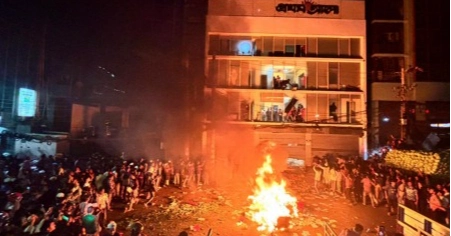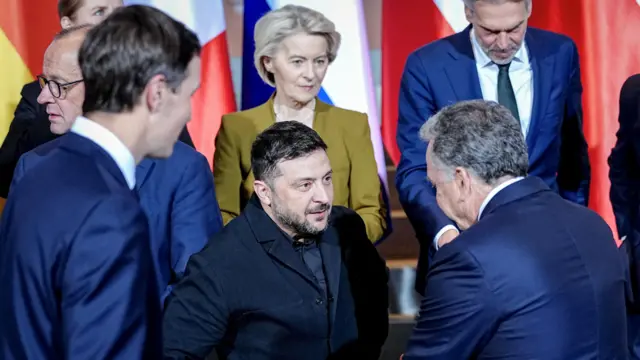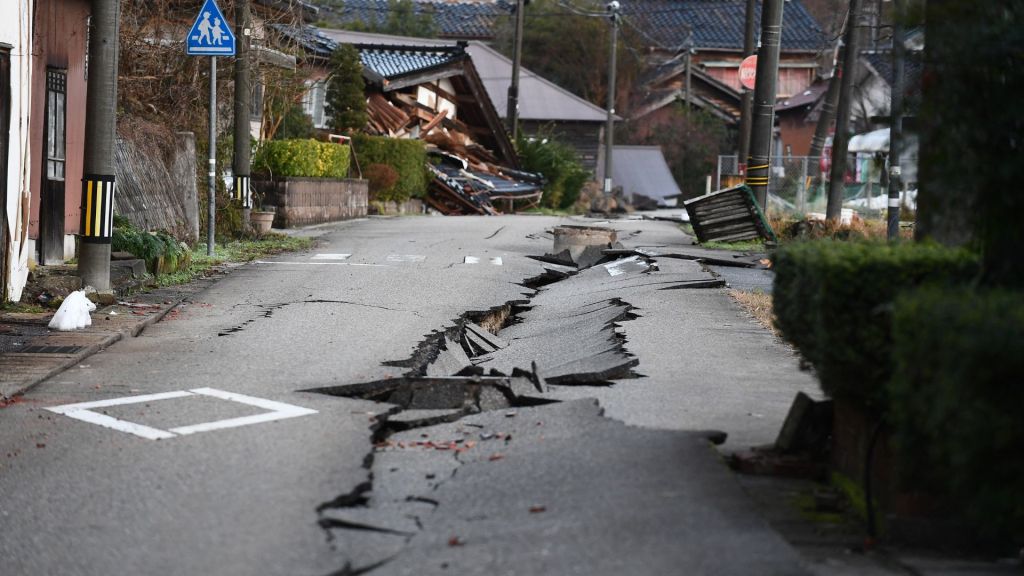ISRAEL IDENTIFIES REMAINS OF ONE MORE HOSTAGE AS TALKS STALL

Forensics confirmation and family notification
Israeli authorities said the remains of 76-year-old Eliyahu Margalit — abducted by Hamas during the Oct. 7, 2023 attacks — have been identified, offering a measure of closure to relatives after nearly two years of uncertainty. Officials said the National Center for Forensic Medicine carried out testing after militants turned over human remains earlier in the week. The Prime Minister’s Office announced the finding and said Margalit had worked at stables in Kibbutz Nir Oz when he was seized. The update comes as cease-fire diplomacy inches forward with sporadic prisoner exchanges that leave many families in limbo. Human rights groups urged transparency and quicker verification so next-of-kin are not left waiting through repeated false leads. In Israel, the confirmation reignited debate over whether military pressure or broader concessions are more likely to secure releases.
Across the region, escalation risks persist. Israel continues targeted operations in Gaza and strikes in southern Lebanon, while rocket fire and drones from militant groups test air defenses. Mediators warn that the longer recovery and identification drags on, the more polarized public opinion becomes. Analysts say verified returns — even remains — can lower community tensions by ending uncertainty, yet each confirmation also sharpens anger and demands for accountability. The development may add urgency to negotiations to exchange detainees and bodies, a practice that has often moved in fits and starts. For families of those still missing, advocates are pressing for standardized information protocols and independent observers during transfers to avoid past miscommunications that compounded trauma.
Domestic politics and regional pressure
Margalit’s identification lands amid a sensitive political moment in Israel, with protests by families of captives and disputes inside the governing coalition about the endgame in Gaza. Security officials argue that intelligence-driven operations remain essential to map burial sites and possible holding locations. Critics counter that humanitarian access and phased truces would yield more verifiable information. Internationally, the U.S., Egypt, and Qatar are pressing both sides to broaden lists for swaps and agree on timelines for independent verification. Aid groups add that faster, coordinated forensic work — including DNA sample sharing and family liaison teams — can reduce agonizing delays. The tragedy underscores how hostage diplomacy, battlefield realities, and public grief intersect. For Margalit’s family, the announcement closes one chapter; for hundreds of others, the search continues with renewed calls for a deal that prioritizes life, recovery, and truth.






















